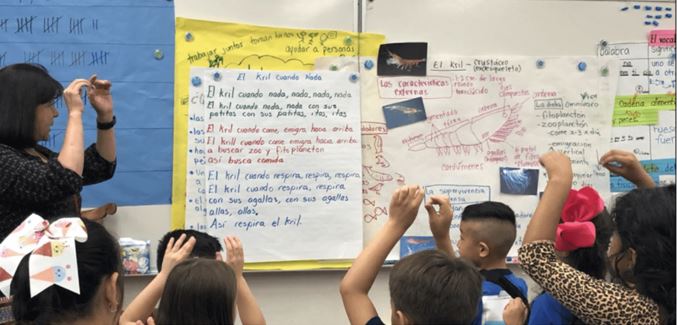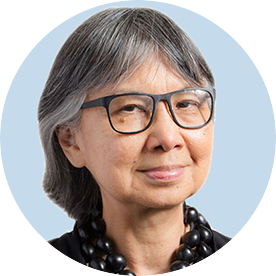San Jose Spotlight
Sam Martin2023-04-06T17:56:26-07:00Funk: Literacy program at Oak Grove making difference for English learners
The SEAL model produces powerful language skills and rich academic vocabulary development through hands-on science and social studies based thematic units addressing the Common Core State Standards (CCSS). SEAL also supports parents to develop language and literacy practices with their children at home and in the classrooms that result in authentic family engagement and a home-to-school connection. […]



